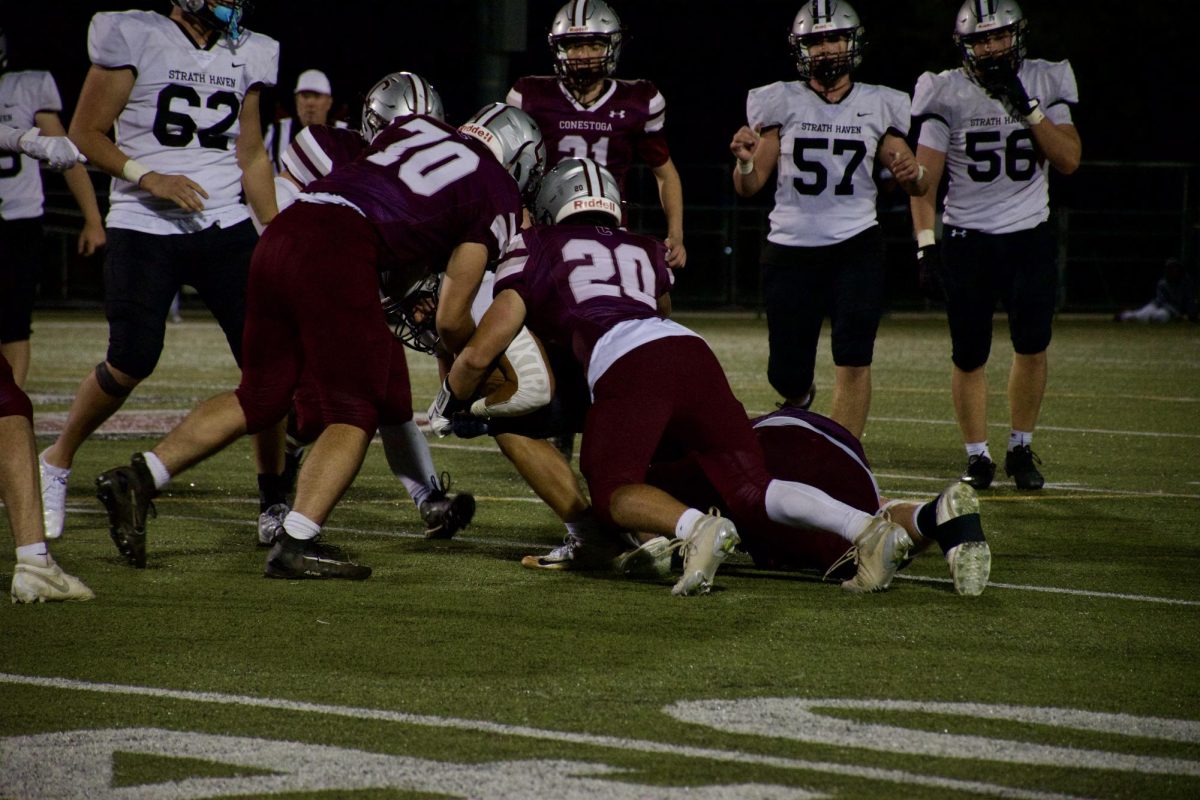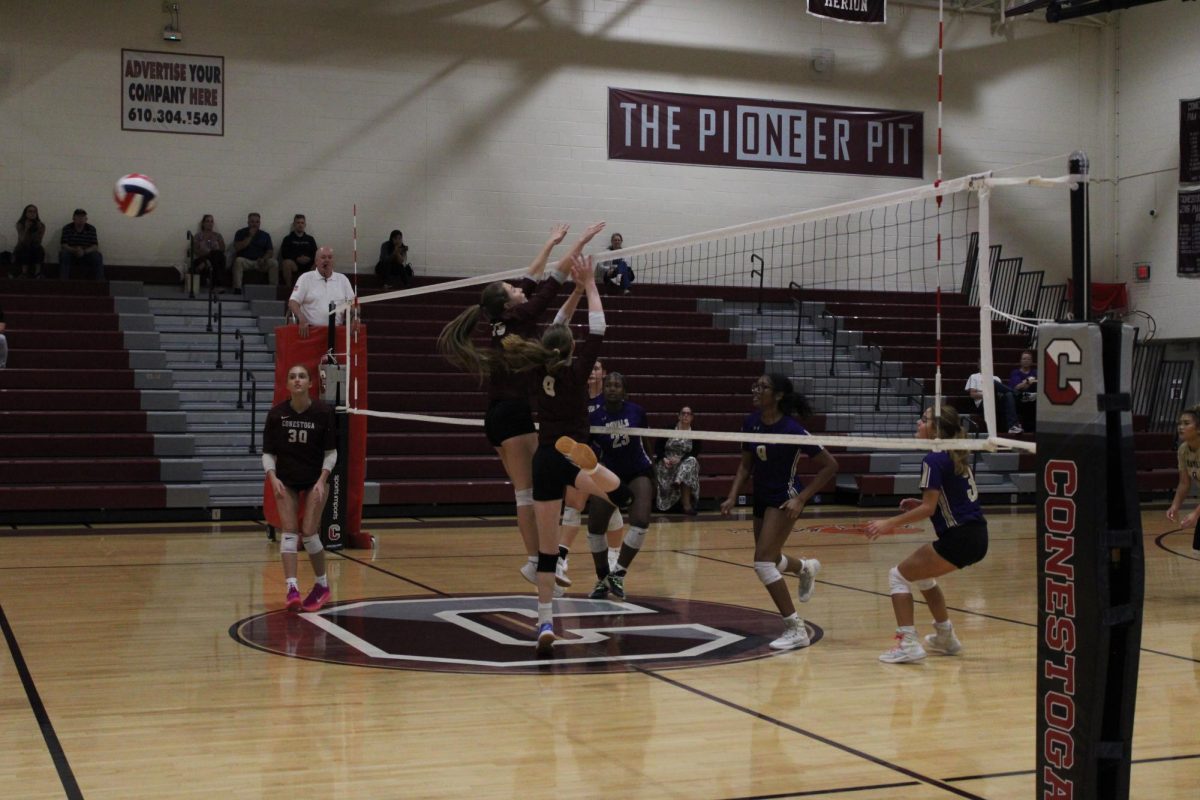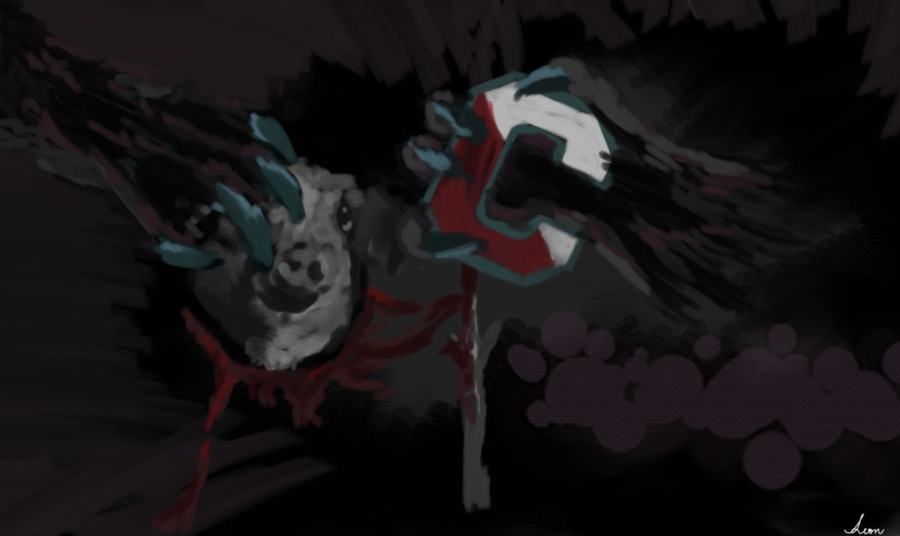By Katherine Lee, Co-Editor-in-Chief
Dear sir,
You were right.
When I read “Lord of the Flies” in my freshman year, I thought “phsst this doesn’t make any sense.” There’s no way a group of young boys would turn into bloodthirsty savages who kill pigs and terrorize boys named Piggy and Simon after being stranded on a deserted island in real life. I mean, Jack was the leader of the choirboys! You expect me to believe that he would actually become a villain?
But recent events have made me think back on your book and realize that I owe you an apology. You were right, and your novel is in fact an almost accurate interpretation of human nature. Well, minus the skewered pigs.
It seems that people really do hold a measure of savagery at their innermost core, and certain events or situations draw this vicious nature out of them. In your book, this trigger was the deserted island. For us, it was the pandemic.
Coming back to school after more than a year of virtual learning, I’ve noticed an extreme level of chaos that I don’t think I’ve ever seen before. It’s like there is an unrestrained impulse running through the hallways, testing every limit, every rule and every boundary. And it’s paired with a complete lack of self-control that’s overturning chairs, destroying furniture, disrespecting teachers and trashing every room it whirls through (to name a few).
This behavior is true in the virtual world, too. While the boys on the deserted island existed before the age of digital technology, it’s the 21st century, and we now have cell phones and social media. I’ve seen the craziest Instagram accounts pop up this year. Some are tame, like those documenting bad parking habits and apples. Others, however, are borderline stalker-ish, disturbing and freaky. I won’t name them, but they know who they are.
We’ve also been facing a dire need to revisit one of the most important things we learn in kindergarten: clean up after yourself. Graffiti in the bathrooms, bananas being purposely smushed into the atrium carpet, garbage accumulating in places it shouldn’t be at every lunch period — we need to be more respectful of our surroundings and the custodians that work to keep the building clean and stop acting as though this is our jungle and we are the king.
Have you ever considered writing about what would have happened if those stranded on the island were adults rather than a group of young boys? Frankly, I don’t think the plot would have changed much other than the characters just being older.
At a recent school board meeting, if there had been trees and sand and wild pigs, it could have been a scene taken straight from your book. It would be an understatement to say “emotions ran high that night.” Adults speaking over students trying to share their opinions, students having to be escorted to their cars for their saftey, people yelling at those they disagree with — there was an inability, or maybe just an unwillingness, to have respectful, diplomatic discussions. It’s hard to believe that this is reality, but it’s no longer hard to believe the reality of the themes explored in your book. Civilization vs. savagery, order vs. chaos, reason vs. impulse. The instinct to follow rules, live by moral commands and act for the good of the group battling against the instinct to act violently on the desire to gain supremacy and enforce one’s will.
The pandemic and everything that it represents has caused the dam to break, letting the water rush out in a flood of previously suppressed emotions of hate and discontent.
But of course, this isn’t true of everyone — far from it. We have our Ralphs and our Piggys and our Simons. And yet, look at what happened to them by the end of the book!
The boys on the island in your story were eventually rescued by a ship and brought back to civilization. But I’m not sure when our saving ship will come and what form it would even take.
Katherine Lee can be reached at [email protected].





















































































